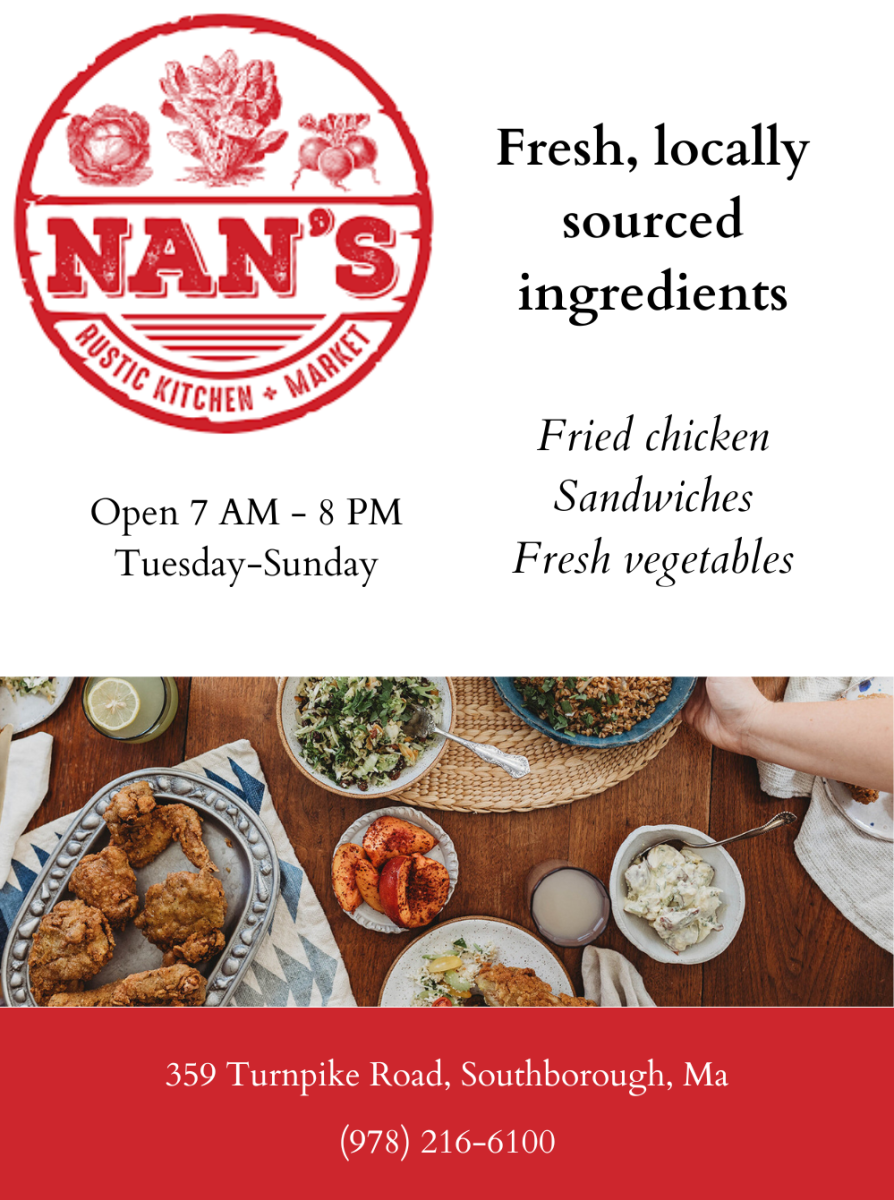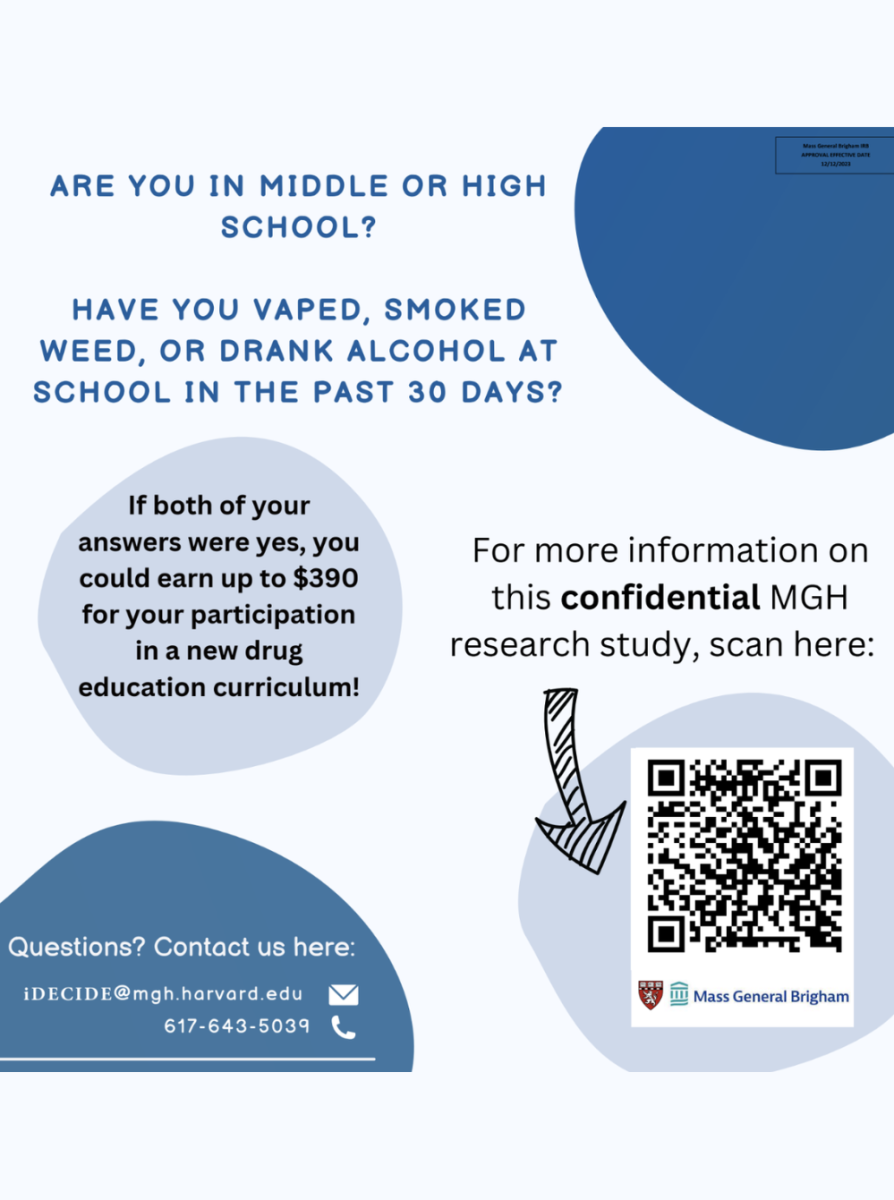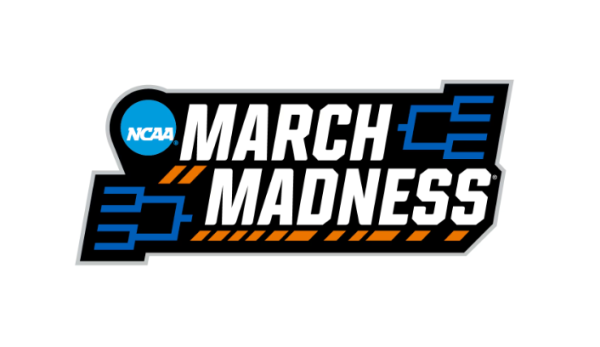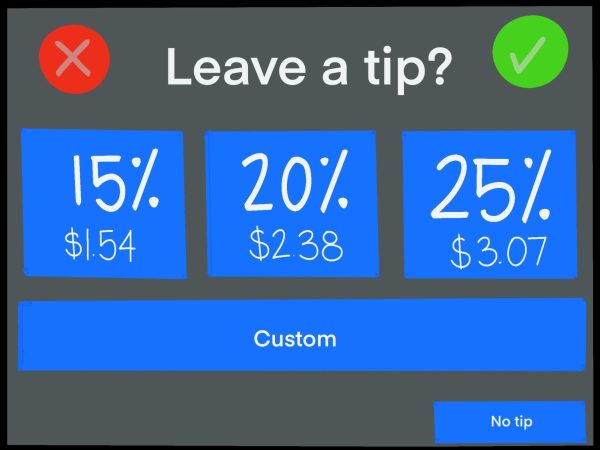Better safe than sorry, ask questions about allergies
December 23, 2016
When I was three years old, my seven year old sister decided it would be fun to make me a peanut-butter and jelly sandwich because I’d never had one before. It didn’t end well. I instantly had difficulty breathing and I spent the night in the hospital.
When I was three, one of my preschool teachers, who was fully aware of my food allergies, asked me if I could eat Nilla Wafers. I said yes. I should have said no.
It turns out that the Low-Fat Nilla Wafers I had at home were egg-free, but the regular Nilla Wafers at my preschool were not.
In kindergarten, we learned about life cycles by hatching chicks in the classroom. Simply having eggs in the classroom caused a serious rash on my neck.
Let’s just say the people in my class were not so happy with me after the eggs (and then chicks) had to be moved to another classroom. In fact, one boy in my kindergarten class would bring it up for years after, which obviously boosted my self-esteem.
In first grade, it was building gingerbread houses in class with fluff, its main ingredient being egg. My teacher told us we could try some fluff at one point during the construction process. My dad had to inject me with my Epi-Pen and take me to the hospital.
I don’t blame my teachers because they were not wishing me ill; they simply didn’t understand the severity of my egg and nut allergies.
I was actually the reason sharing food got banned at Peaslee Elementary School. Sorry, Peaslee Pandas!
Whenever I tell people I am allergic to eggs, they do that sort of pitiful head-tilt and ask, “So you, like, can’t have any baked goods?”
I actually did something called “The Food Challenge” at Boston Children’s Hospital in fourth grade; the name isn’t as fun as it sounds. Basically some people with egg allergies are only allergic to egg in dishes such as omelets and quiches, but not in baked goods like cake.
So, my mom baked vanilla cupcakes with egg and we brought them to Boston Children’s Hospital so I could taste some, surrounded by some of the most talented doctors and nurses in the world, to see if I was allergic to eggs in baked goods. I wasn’t up to the challenge.
People always ask me about my Epi-Pen. Do I always bring it with me? Yes. Have I ever had to use it? Yes, several times. It’s kind of impossible to live with severe food allergies for sixteen years and not have had to use an Epi-Pen at least a few times.
Is an Epi-Pen different from regular shots at the doctor? When people ask me this question, I recall a moment in my eighth grade health class, right after I had presented my PowerPoint on allergies.
Someone raised a hand and asked whether Epi-Pens hurt more or less than a normal shot. My health teacher said that an Epi-Pen does not hurt more than a regular shot. I was in shock! Every time I’ve had to use my EpiPen which is always injected into the upper thigh, my leg has gone numb and I haven’t been able to walk on it for at least a couple of hours. And, you have to go to the emergency room afterward. So no, an EpiPen is not like a regular shot.
As I’ve grown up, my allergies don’t make me as embarrassed as they used to–and they made me very embarrassed, because I always had to eat different foods than the other kids–but they aren’t something to joke about, either.
So, my hope is that you will ask questions about allergies, inform yourself, and learn how to inject an Epi-Pen because you never know when you might have to do it for someone to save their life.






















